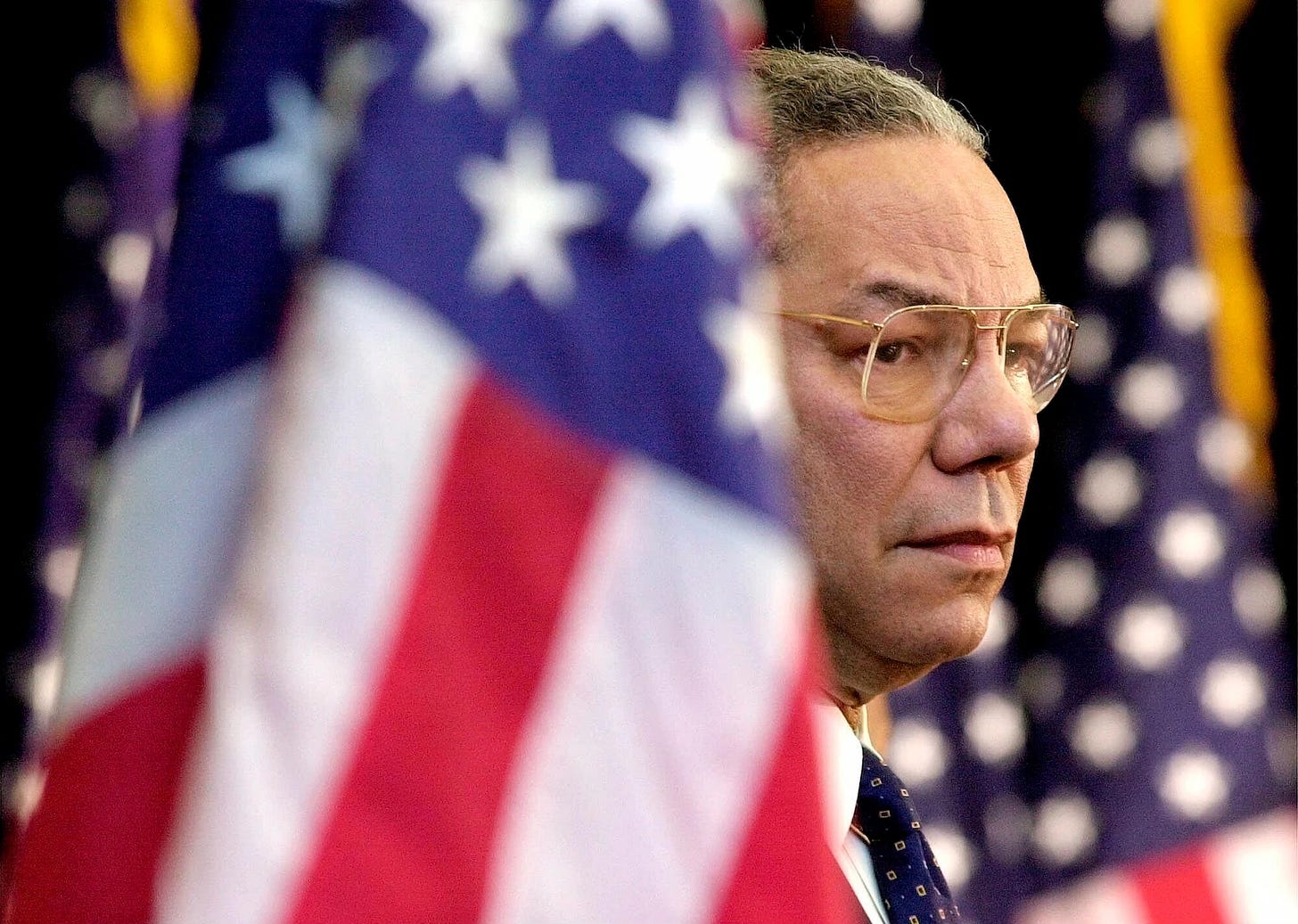April Fools? Not for the Powerful
What happens when states lie, media claps, and civilians disappear.
On April 1st, the world tolerates lies—so long as they’re light, playful, and free of bloodshed.
But politicians don’t need April Fool’s Day. Many of them celebrate it year-round.
Not as a joke, but as a matter of official statements, security conferences, and UN speeches.
For some in power, lying isn’t a slip of the tongue—it’s a style of governance.
I’ve seen the consequences of such lies up close—in Gaza, in Tindouf, across the Sahel—where words morph into warheads, and falsehoods fall like missiles on the innocent.
So on this day of “harmless deception,” let’s revisit some of the lies that weren’t jokes at all—but became the fuel behind real, lasting tragedies.
From Nero to Netanyahu: Lies Don’t Need the Internet
Political lying isn’t new. In 64 AD, fires consumed Rome. Some claimed Emperor Nero started the blaze himself, to rebuild the city in his image. He denied responsibility, and legend has it he played his lyre as the city burned.
Even if the story isn’t 100% verified, it survives because it feels familiar: leaders in denial while their people suffer. A performance, with fire as background.
The Iraq War Lie: When Bush Believed His Own Fiction
In January 2003, President George W. Bush stood before Congress and declared that Saddam Hussein possessed weapons of mass destruction.
"Saddam Hussein has weapons of mass destruction."
— George W. Bush, State of the Union Address, 2003
After the invasion, the collapse of the Iraqi state, and the rise of ISIS, David Kay, the CIA-appointed chief weapons inspector and head of the Iraq Survey Group, confessed:
"We were almost all wrong."
The mistake was costly. Yet no one was held accountable. Those pushed into the abyss—American soldiers and innocent Iraqis—were killed unjustly, simply because they weren’t in the rooms where decisions were made.

Obama’s Vanishing Red Line
In August 2012, President Barack Obama said the use of chemical weapons in Syria would cross a red line.
In 2013, after the Ghouta chemical massacre killed more than 1,400 civilians, the line disappeared.
“A red line for us is… chemical weapons.”
— Obama, The White House, August 20, 2012
The red line dissolved like invisible ink. Russia stepped into Syria militarily. U.S. credibility stepped aside.
Netanyahu: Cartoon Bombs and Invisible Civilians
In 2012, Israeli Prime Minister Benjamin Netanyahu stood at the UN General Assembly holding a cartoonish drawing of a bomb, claiming Iran was dangerously close to building nuclear weapons.
“Iran is 70% of the way to having a bomb.”
— Netanyahu, UN General Assembly, 2012
Yet leaked Mossad reports (published by Al Jazeera and The Guardian in 2015) contradicted him. Iran, the reports stated, was far from achieving nuclear capability.
Fast-forward to 2024. Netanyahu stood before the U.S. Congress, saying:
“Israel has not killed a single civilian in Gaza intentionally.”
At that time, UN reports confirmed the deaths of over 60,000 civilians—two-thirds of them women and children. And even now, no one knows how many bodies still lie under the rubble.
Was Netanyahu watching a different war—or are political optics simply blind to human cost?

Trump: A Machine That Manufactured Lies
With Donald Trump, lying wasn’t accidental—it was structural.
According to The Washington Post, he made more than 30,000 false or misleading statements during his presidency.
From:
“We have it totally under control.” (on COVID-19)
To:
“I won this election, by a lot.” (on the 2020 results)
Trump didn’t treat lying as a tactic—he treated it as a system of rule.
And when lies turn into crowds, and crowds into violence, the result was an assault on the U.S. Capitol itself.
Big Lies Rarely Die—Even When Cheered
History is filled with lies that earned applause in the moment—and regret afterward.
In 1938, British Prime Minister Neville Chamberlain said:
“I believe it is peace for our time.”
— After meeting Hitler, September 30, 1938
Months later, World War II began.
Political Lies: Strategy or Betrayal?
Some defend lying in politics as a “strategic necessity.” National security. Diplomatic ambiguity. But the consequences are real:
Every lie in politics buries someone—sometimes, many.
As Hannah Arendt, the German-American political thinker and philosopher of totalitarianism, warned:
“The ideal subject of totalitarian rule is people for whom the distinction between fact and fiction no longer exists.”
A Lie Is Not a Joke
On April 1st, we forgive a lie or two—maybe even laugh.
But the lies told in official briefings and speeches aren’t jokes.
They shape wars. Shift borders. Justify oppression.
And so journalism, when practiced honestly, isn’t just about exposing facts.
It’s about documenting what power tries to forget.
Because in a world that applauds lies, remembering the truth becomes the most radical act of all.




